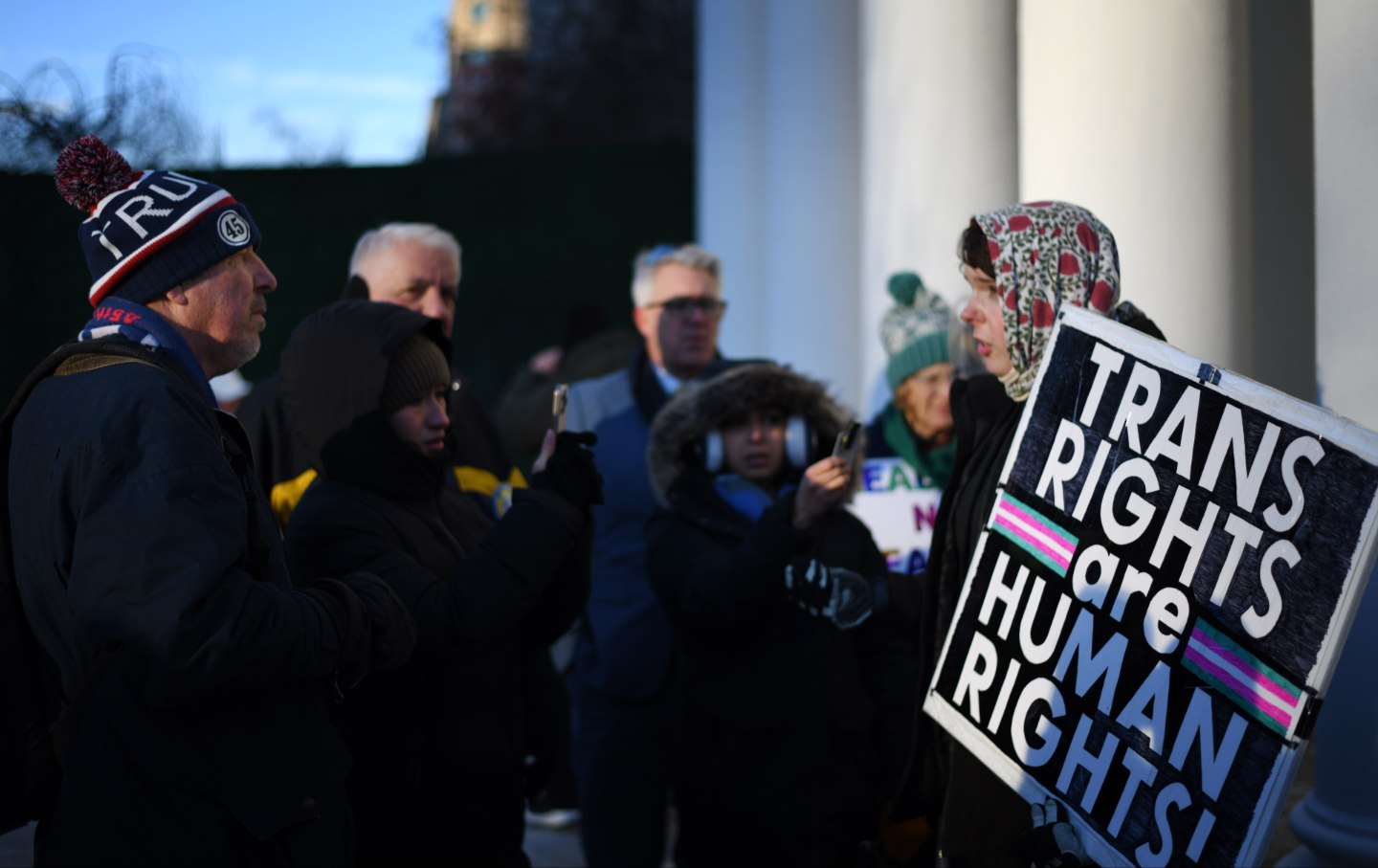
The Right to Pee Is Everything The Right to Pee Is Everything
Trans peoples' basic right to exist in the world is under assault. Bathrooms are at the heart of that fight.
Feb 3, 2025 / Grace Byron

The Dubious Return of the Brutalists The Dubious Return of the Brutalists
Why the stark 20th-century architectural style is back in vogue.
Feb 3, 2025 / Books & the Arts / Daniel Brook
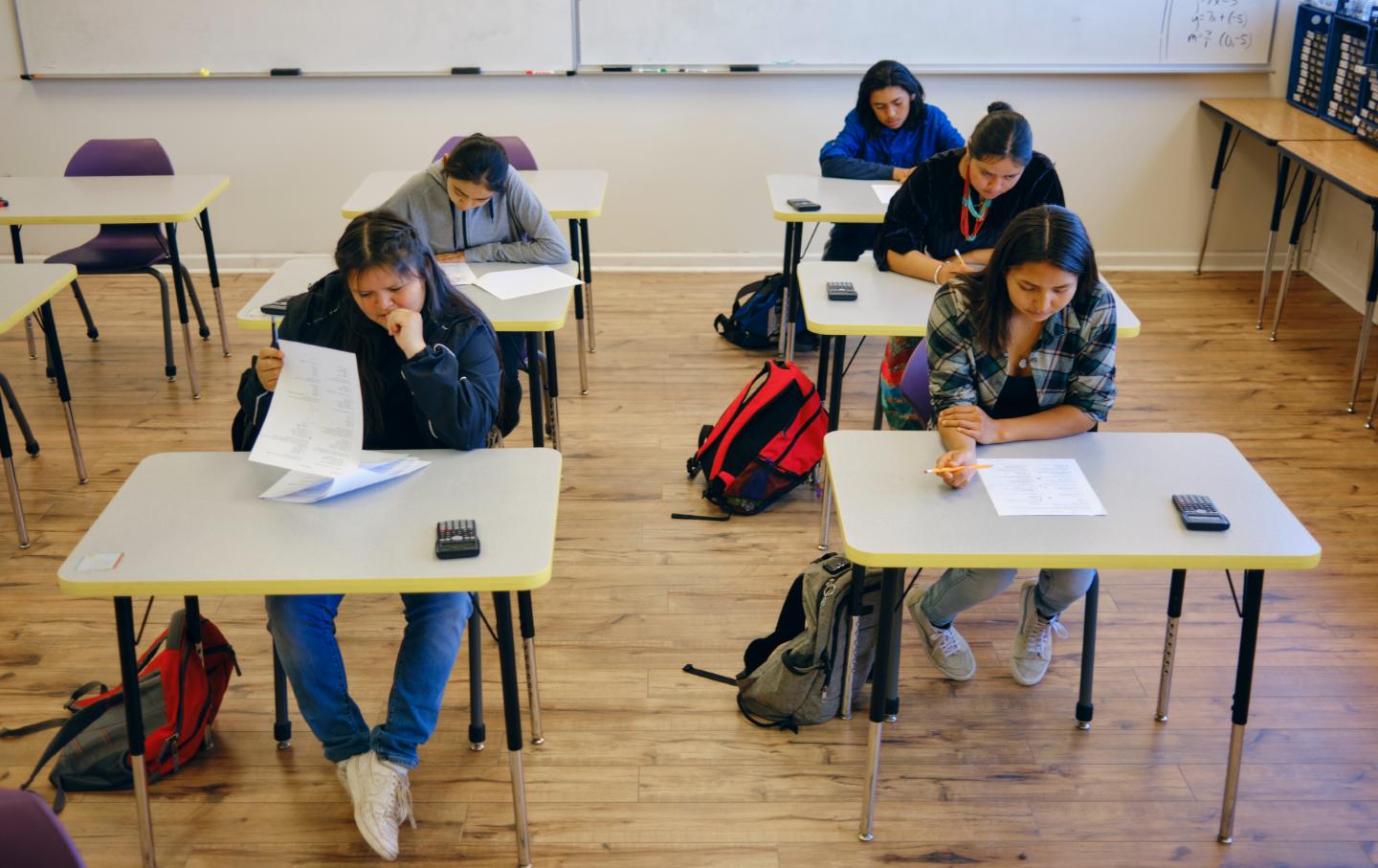
My High School Wanted to Expand Opportunities for Low-Income Students. Did It Limit Them Instead? My High School Wanted to Expand Opportunities for Low-Income Students. Did It Limit Them Instead?
A well-meaning effort to increase educational equity in Utah might not be helping those most in need. But there are ways to make these programs more accessible.
Feb 3, 2025 / StudentNation / Adelaide Parker

What the Next DNC Chair Must Do to Save the Party What the Next DNC Chair Must Do to Save the Party
Yes, pushing back against Donald Trump is essential. But to do that, the Democrats must turn themselves into a fighting force for economic justice.
Jan 31, 2025 / John Nichols
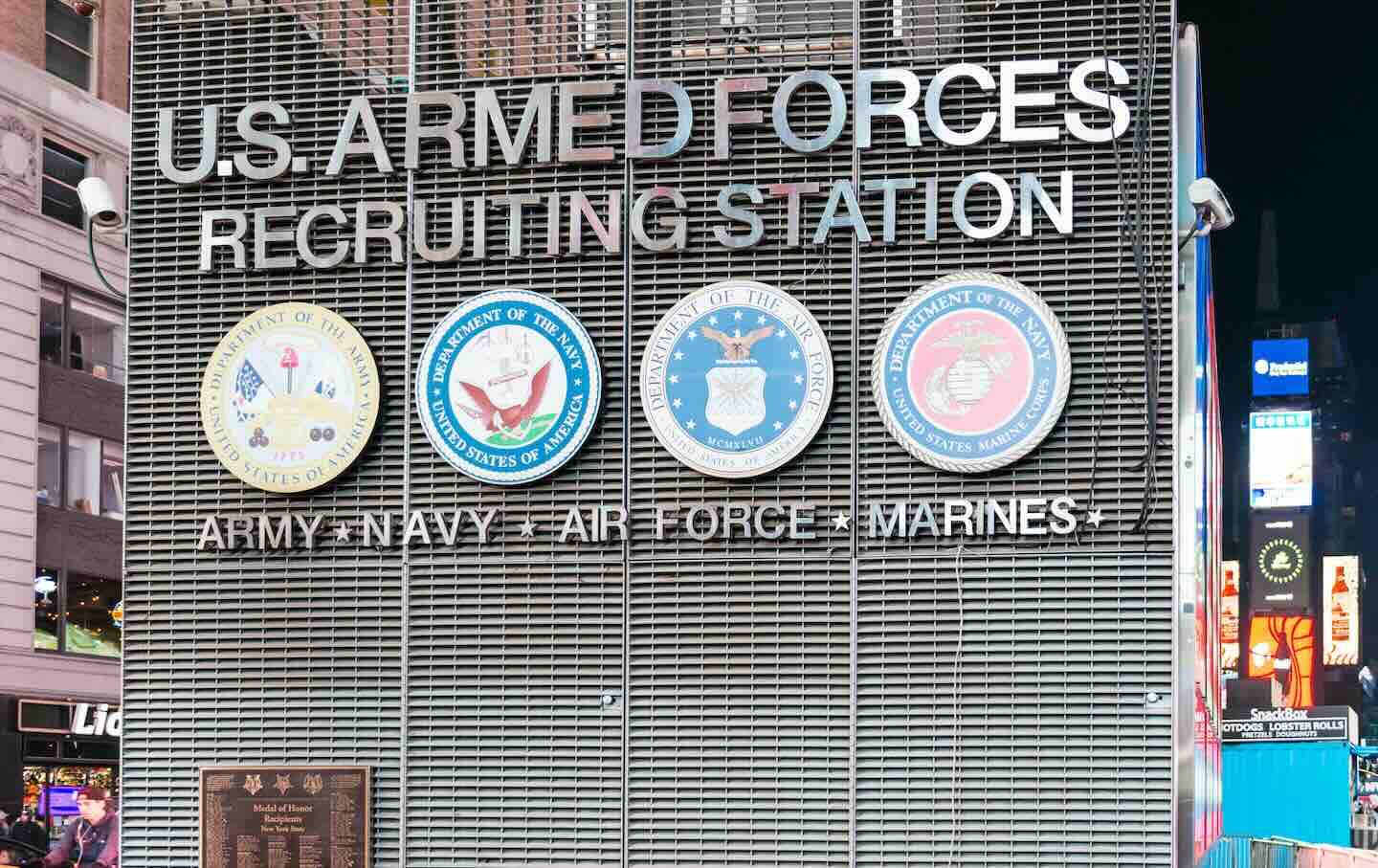
Trump’s Transgender Military Ban Doesn’t Make Sense. It Didn’t the First Time Either. Trump’s Transgender Military Ban Doesn’t Make Sense. It Didn’t the First Time Either.
The ban will only serve to create chaos and risk the health and safety of Americans.
Jan 31, 2025 / Michele Goodwin
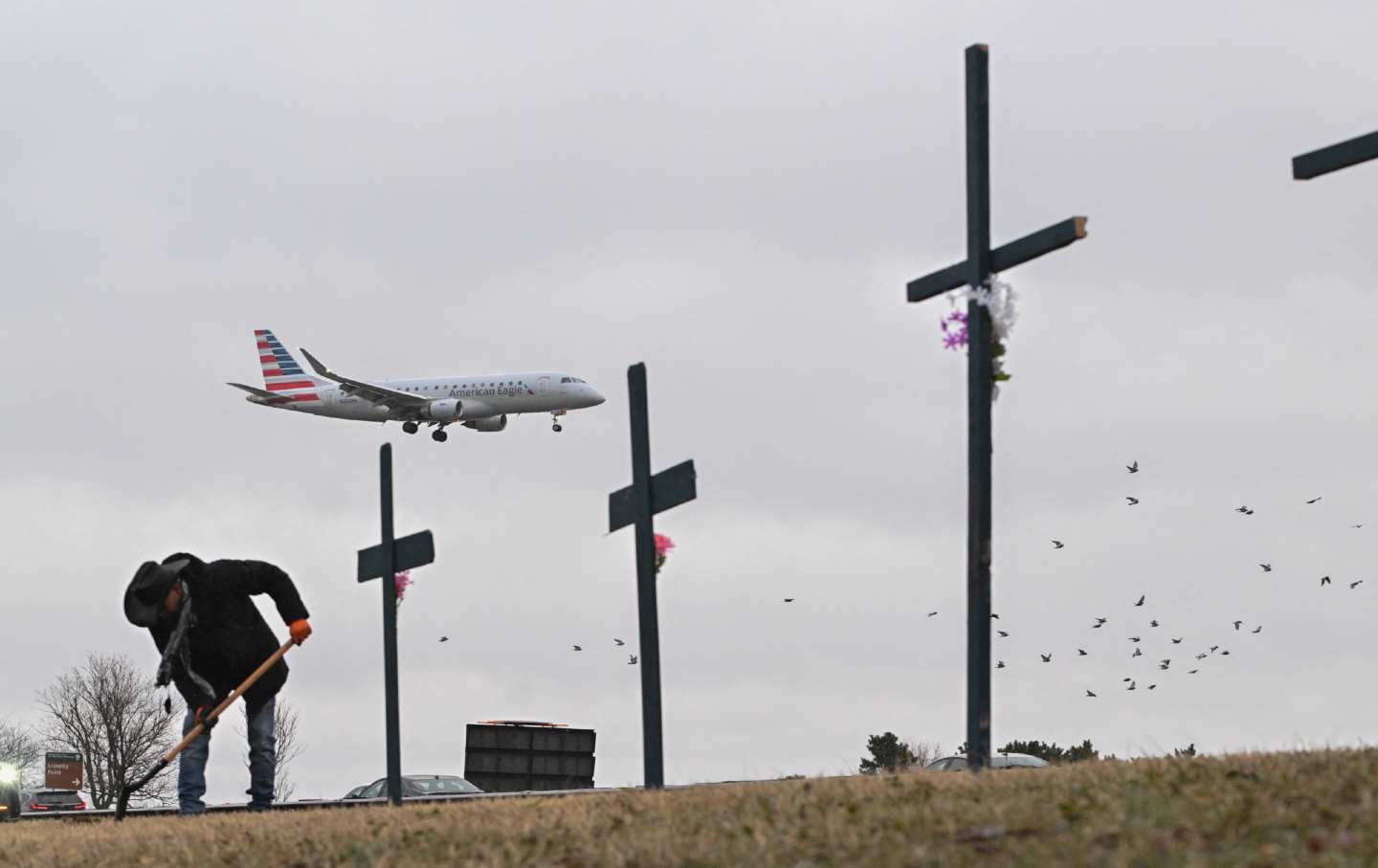
Trump’s Racist Rants Conceal the Right’s Air Safety Failures Trump’s Racist Rants Conceal the Right’s Air Safety Failures
In the aftermath of the worst air crash in 25 years, the president stokes ugly resentments and conspiracy-mongering.
Jan 31, 2025 / Joseph A. McCartin
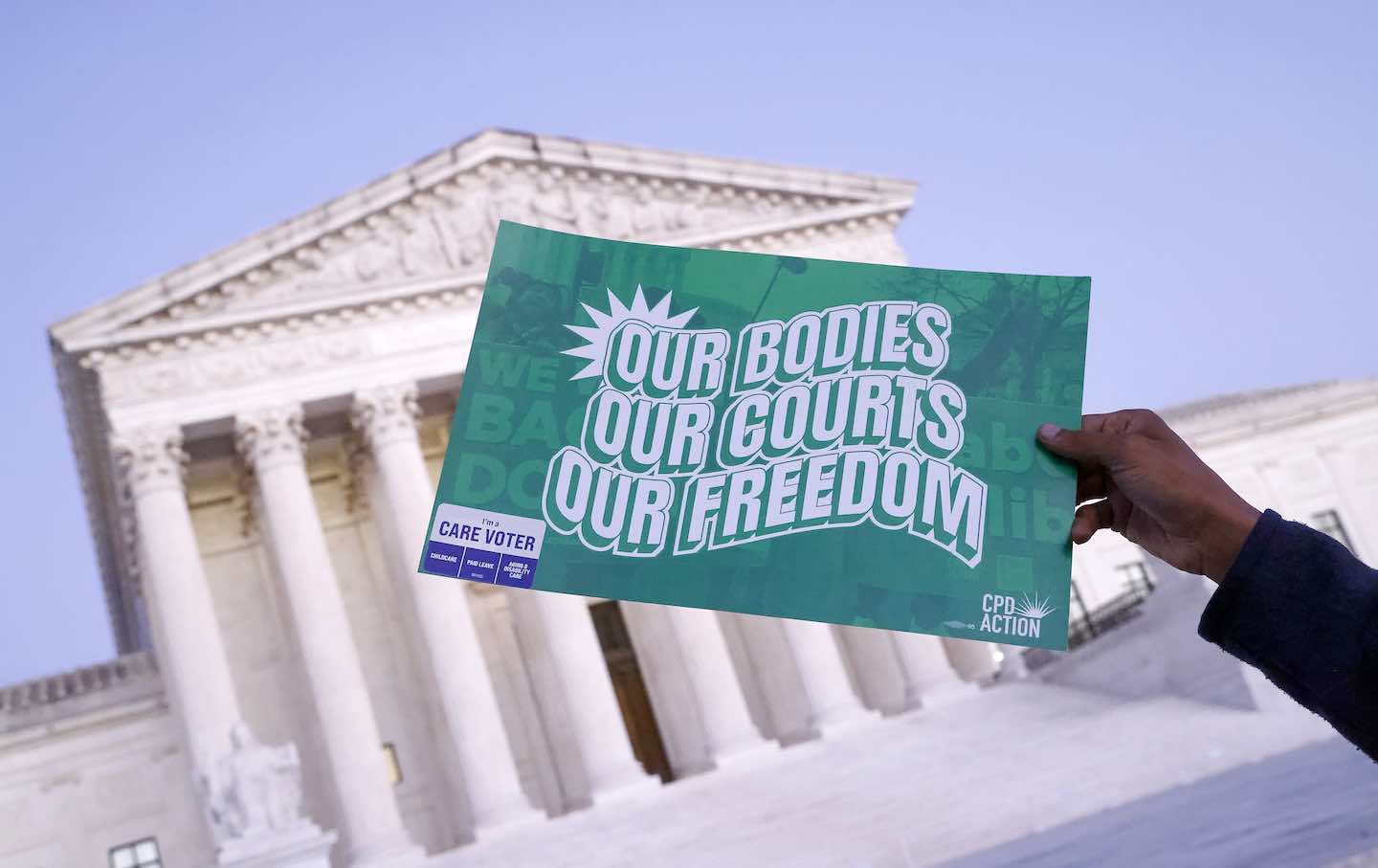
Symbolic Legislation Will Not Get Us Free Symbolic Legislation Will Not Get Us Free
If the Democrats are truly serious about protecting reproductive freedom, they must rise above reactive politics.
Jan 31, 2025 / Larada Lee-Wallace

Trump Is Hitting the Gas on Our Path to Planetary Destruction Trump Is Hitting the Gas on Our Path to Planetary Destruction
The planet’s decline is already deeply underway. Trump’s clearly about to lend it a remarkably helping hand
Jan 31, 2025 / Tom Engelhardt
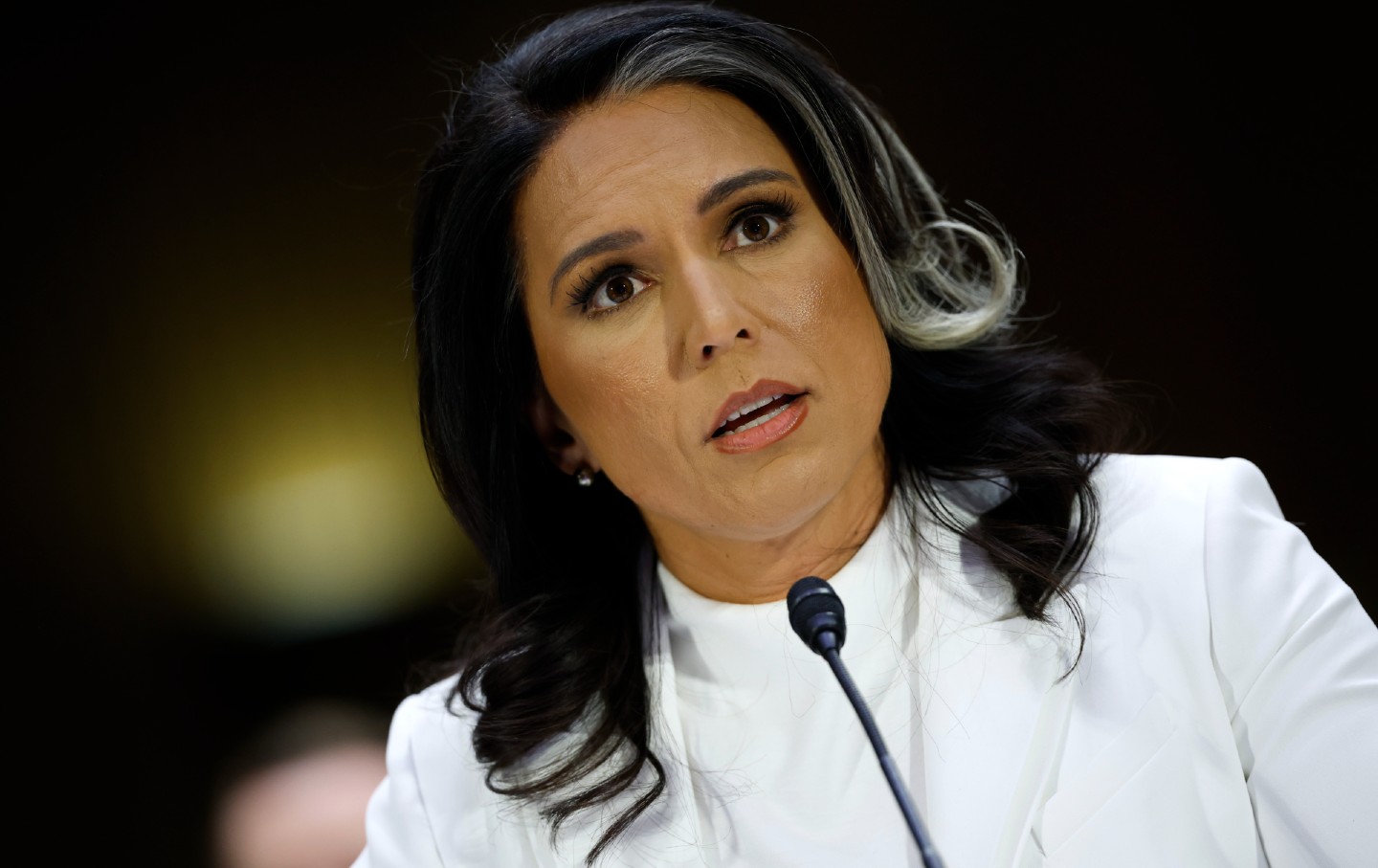
Senate Democrats Are Attacking Tulsi Gabbard for the Wrong Reasons Senate Democrats Are Attacking Tulsi Gabbard for the Wrong Reasons
Preferring to defend spy agencies and line up behind the hawkish consensus, the bipartisan elite ignores the director of national intelligence nominee’s rampant Islamophobia.
Jan 31, 2025 / Jeet Heer

